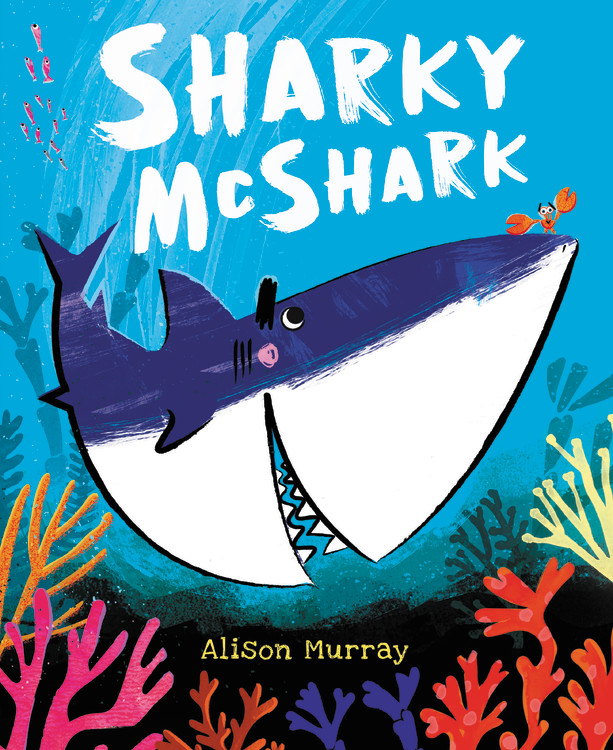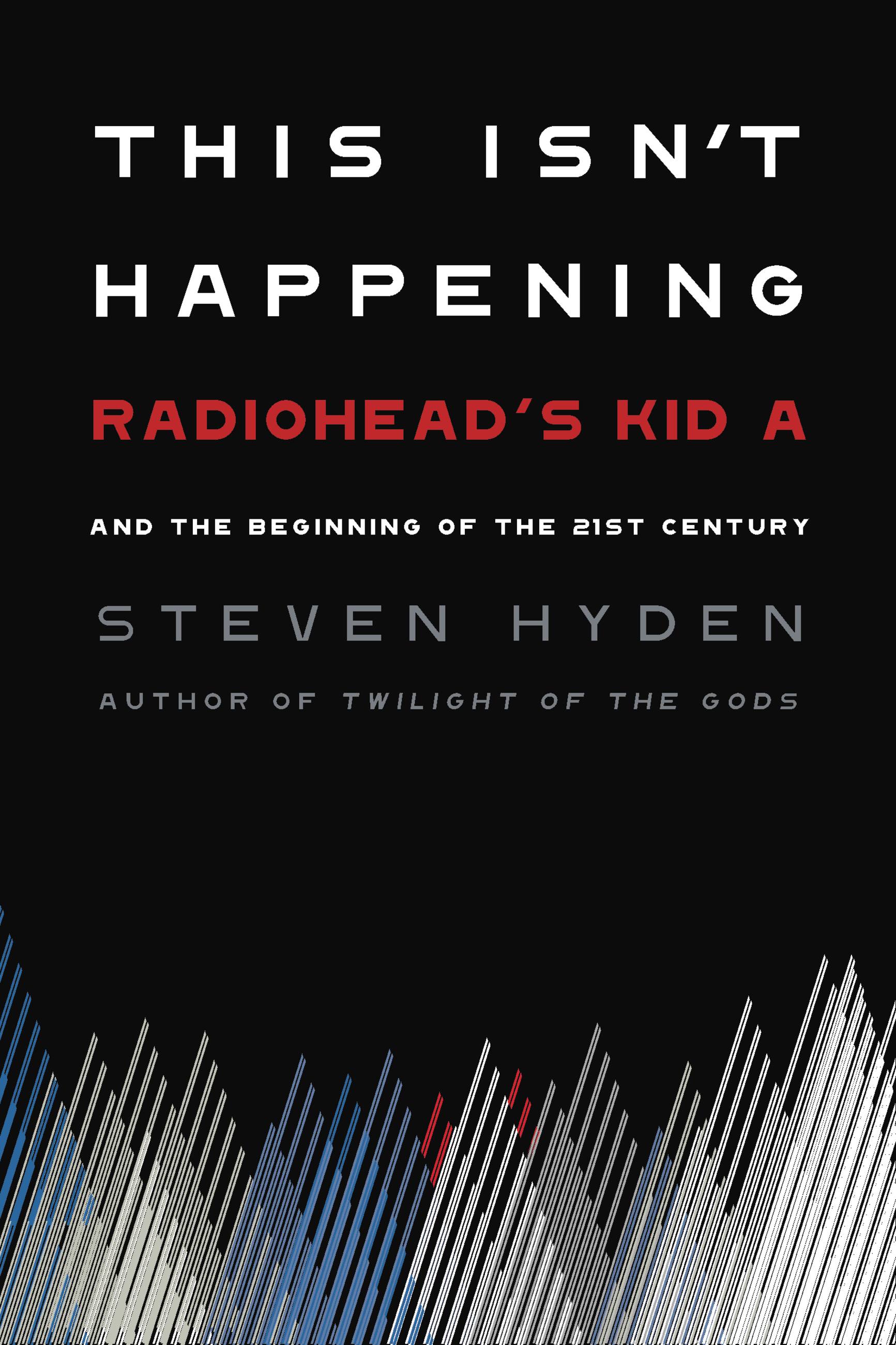

Expect another big bump to the market in 2015. According to a blog post on, 43,000 new audiobooks were released in 2015, up 7,000 from the year before and more than double the 2013 figure. Services like Audible, OverDrive, and Downpour are making it easy for readers to access and enjoy audiobooks, which has in turn driven more publishers-independent and major-to embrace the audiobook medium. Audiobook files are easy to stream, just like music and video, which makes them a better fit for the standard media subscription model. So far, no one has figured out a subscription-based model that really works for eBooks, but the same doesn't hold true for audiobooks. Bottom line, without a renegotiation of how subscription services compensate publishers and authors, they'll all disappear-if not within the year, then probably by the end of 2017.Īudiobooks will figure heavily into publishing sales

Scribd does the same thing, but actually cut certain genres earlier this year (romance and erotica) because those readers were reading too much and driving up costs.
GOREADER AUDIO BOOKS FOR ADULTS FULL
Oyster failed primarily because of a business model where they had to offer a low monthly rate for subscribers, but still pay publishers full retail price for each book that subscribers read. The bigger issue, though, is how uncooperative publishers have been. Without all of the major publishers and many of the indies onboard, it's tough for a subscription service to build a library with a broad enough cross section of titles to convince readers to sign up. There are obstacles to such a goal, though, and it seems like 2016 could be a make-or-break year for eBook subscription services as a result.

Scribd and Amazon's Kindle Unlimited service both remain, and it stands to reason that some aspiring entrepreneur would still want to translate the universal adoption of subscription services like Spotify and Netflix into a similar model for the reading community. But with Oyster " sunsetting" as of this month and Entitle out of business as of July 21 st last year, the future isn't looking too bright for the eBook subscription model. This one goes hand in hand with the rebirth of print books, since From the Tech Desk once speculated that digital subscription services like Scribd, Oyster, and Entitle could herald the next big thing in reading and book consumption. Subscription services will have a make-or-break year Whatever the reason, print is back, and eBooks look more likely to be a minority market at this point than the industry-defining juggernaut they were once expected to become. Or maybe we can tie it to beautiful print products that book fans and collectors alike felt inclined to purchase, like the illustrated re-release of Harry Potter & The Sorcerer's Stone. Perhaps the continued growth of print products had to do with the growing popularity of adult coloring books-recently named the "hottest trend in publishing" by the New York Post. So what's the explanation? Are readers tired of tech? In a world where everyone seems to be fascinated by the latest iPhones and Apple gadgets, are readers one of the only consumer subsets that are-in majority-turning away from digitalization and choosing a more traditional experience? It seems that way. eBooks, on the other hand, have stalled out a bit, holding down just a quarter of the market. In 2015, according to Carolyn Kellogg of the Los Angeles Times-herself citing Nielsen BookScan figures-the print book market grew to 571 million units-a 17-million-unit increase compared to the year before.

In January of last year, Publisher's Weekly boldly reported " For Books, Print is Back," citing a 2% growth in the print market in 2014. In 2015, though, print books had something of a renaissance. The shuttering of big box stores like Borders and the seemingly constant teetering-on-the-edge status of Barnes & Noble certainly didn't boost confidence in the print book market. Just as digital music has continued to cannibalize physical music sales, most of us expected that digital books would continue to make print books less and less a product of demand. Not too long ago, most publishing experts-and even me, writing for this very column-would have guessed that the eBook trend was irreversible and unstoppable. What will the year bring for the publishing industry-particularly in regards to technology? Read on for From the Tech Desk's predictions on what sort of tech-related trends the publishing industry might see in 2015. Here we are at the start of 2016, another year come and gone. Tech Desk From the Tech Desk Technology Trends to Watch for in the Publishing World in 2016


 0 kommentar(er)
0 kommentar(er)
